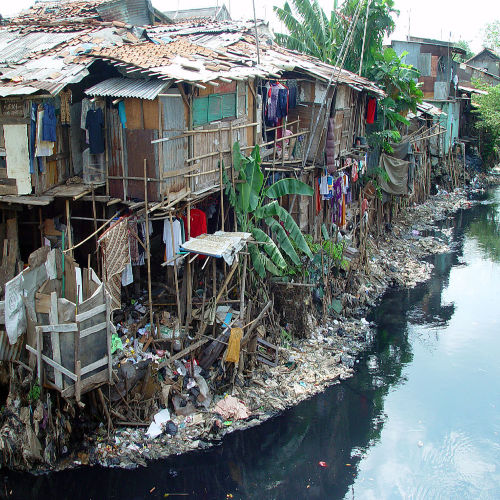poverty
Global poverty affects about 700 million people living on less than $2.15 a day. Roughly 60% of those in extreme poverty are in sub‑Saharan Africa. More than 1.3 billion experience multidimensional poverty, lacking essentials like clean water, healthcare, and education. Progress has slowed, demanding renewed global action.

Global poverty remains one of the most entrenched challenges facing the world today. As of 2024, an estimated 690–700 million people live in extreme poverty, defined as surviving on less than $2.15 per day. This represents roughly 8–9% of the global population, a figure that has stagnated after decades of steady decline. The combined effects of conflict, climate shocks, inflation, and uneven economic recovery have slowed progress to its weakest pace in a generation.
Poverty is heavily concentrated in specific regions. Sub‑Saharan Africa accounts for about 60% of those living in extreme poverty, with several countries experiencing poverty rates above 40%. South Asia also carries a significant share, particularly in rural areas where access to healthcare, education, and stable employment remains limited. Children are disproportionately affected: in some low‑income countries, one in three experiences severe deprivation.
Beyond income, poverty is increasingly measured through multidimensional indicators. According to global assessments, more than 1.1 billion people experience multidimensional poverty, facing overlapping disadvantages in nutrition, sanitation, housing, schooling, and access to clean water. Meanwhile, over 1.3 billion people live on $1.90 to $3.20 per day, placing them at constant risk of falling back into extreme poverty when crises strike.
Conflict remains a major driver. Countries affected by violence or political instability show some of the highest poverty rates, creating cycles in which deprivation fuels further instability. Climate change adds another layer of vulnerability, with droughts, floods, and crop failures pushing millions into hardship each year.
Taken together, these trends show the world is off‑track to meet the goal of ending extreme poverty by 2030. Reversing course will require sustained investment, inclusive economic growth, and social protection systems capable of shielding the most vulnerable from global shocks.

